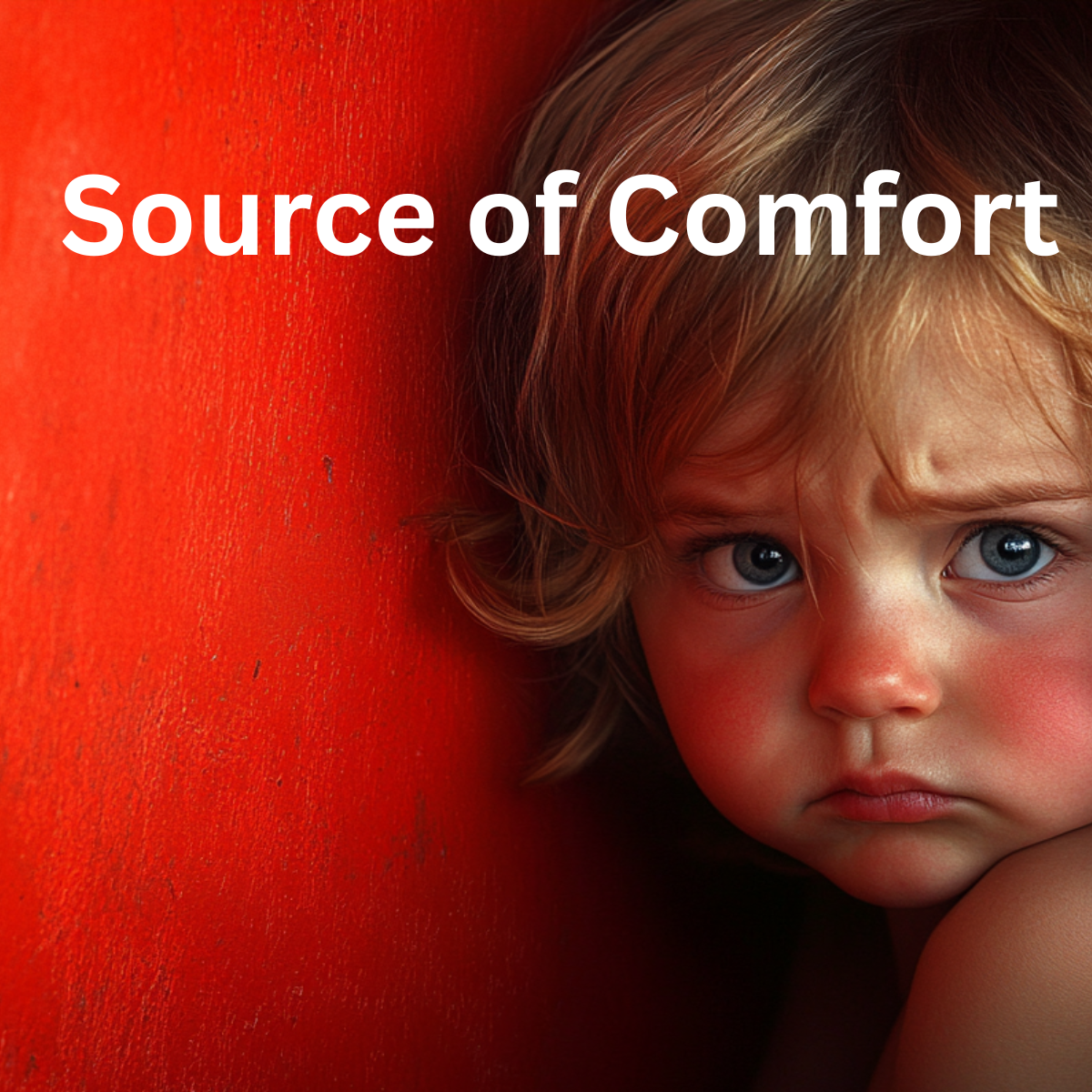When my children were young—just at that tender, precarious stage between learning to walk and learning to reason—I noticed something that struck me then and has stayed with me since. Each one of them, without exception, found a way to soothe themselves. One clung to a pacifier, gripping it like a life raft during storms of toddler emotion. Another would quietly retreat to a favorite corner of her room, pulling a blanket over her head as if to push the world away for just a while. And yet another discovered laughter—a kind that only she could provoke—spinning tales or imitating voices to lift her own spirits.
It became clear to me that we all, from the earliest age, find mechanisms to handle distress. Little strategies to anchor ourselves when the waters get rough. These sources of comfort, humble as they may be, are fundamental to our ability to cope with life.
But here’s where a troubling divergence often occurs. I have watched others—people I care about—gravitate toward sources of comfort that are anything but restorative. Alcohol, for instance, is perhaps one of the more insidious examples. It pretends to offer relief, to numb and to soothe, but it quietly demands a price that increases over time. Relying on such substances doesn’t build self-confidence—it erodes it. The more we use artificial means to deal with life’s discomforts, the less we trust our own ability to handle adversity. Over time, dependence takes root, and with it, a hollowing of the very character we need to stand tall in the face of life’s challenges.
There’s a thought that each of us must confront: our sources of comfort will evolve. What once brought solace as a toddler—a toy, a song, a moment of stillness—will not suffice in adulthood. Our needs change, our environments shift, and our capacity to handle stress must grow accordingly. But if we are not intentional, we risk filling that void with things that diminish us rather than strengthen us.
Too often, when the genuine comfort of a loved one is no longer accessible, we substitute with mindless entertainment or unhealthy foods. It starts subtly—a night on the couch turns into a week, a week into a pattern. Before we know it, the very things we turn to for comfort become the chains that keep us from moving forward.
One of the most defining habits we can develop in life is the practice of where we go for comfort. If we can establish a healthy, restorative place—whether that be a moment of quiet reflection, a brisk walk outdoors, a meaningful conversation with a trusted friend, or simply a structured habit of physical activity—then we are equipping ourselves with the tools to recover and face the world with resilience.
But if we allow those sources to become destructive, they will not soothe us—they will sap our strength. They will leave us more tired, more unwell, and less capable of facing the trials ahead.
Let us then be vigilant in choosing our place of comfort. Let it be one that builds us, not breaks us. Let it be a wellspring that replenishes the soul, not a pit that drains it. Because how we recover determines how we fight, and how we fight shapes who we become.




